If you peered through a window into Hardwell‘s soul in 2018, you may have seen nothing but emptiness.
But after returning from a four-year hiatus, the Dutch electronic music icon has torn hell for leather into a new creative frontier. Hardwell is now the cynosure of all eyes as his long-awaited comeback album, REBELS NEVER DIE, approaches.
“I’m really happy with the whole decision, and I’ve never been more productive and happy in the studio as I am right now,” Hardwell tells EDM.com in a video interview. “It feels way more like freedom right now than following the rules of the particular formula that went straight into big room.”
Within a nanosecond of Hardwell’s resurgence, it was clear the euphoric big room house style that longtime fans were accustomed to was gone, eighty-sixed in favor of one that foams at its mouth with dark techno influences. The anthemic vocals that lilted through his distinct sound were dumped like sour milk and replaced by cerebral, spine-chilling samples.
The REBELS NEVER DIE single “PACMAN,” for example, explores an escapist nightmare by interpolating an eerie soliloquy about succumbing to inner demons.
From a creative standpoint, it all paints Hardwell’s time away as a deeply restorative respite from the hyperactive world of EDM. But he had to experience life’s lows before again soaring through its highs.
“The only thing that fans actually want is you to be there. Everywhere.”
The pitfalls of a grueling concert schedule can be crippling even for an idol like Hardwell, who took a step back from touring in 2018, citing a desire to spend more time with family. But the noxious effects of a headlining DJ’s breakneck lifestyle are invisible to the fan’s naked eye, veiled in a murky cloud of hollow Instagram posts and braggadocio.
To this day, DJs are expected to masquerade as doppelgängers of themselves, silently struggling through a faux-rockstar lifestyle that rejects vulnerability and rewards ego. And their mental health dissipates like a fart in the wind.
Even though artists are now more open than ever about their mental health, it seems there’s still a glaring disconnect with fans, who are accustomed to scrolling through jet-setting social media timelines. And there’s no silver bullet to this problem, which Hardwell encapsulates in simplistic terms.
“The only thing that fans actually want is you to be there,” Hardwell says. “Everywhere.”
No matter how badly they want to appease every fan, artists of Hardwell’s renown must do an exorbitant amount of spadework behind the scenes to prepare for shows. The nature of that work can be so incessant that it slowly eats away at their tenacity.
And therein lies the catch-22. What fans may not readily understand is that it’s certainly possible to perform everywhere when you’re spending half a year on a plane, but the travel is so exhausting that it throttles your ability to do so. “Being Hardwell 24/7 leaves too little energy, love, creativity and attention for my life as a normal person,” he lamented when he announced his indefinite hiatus.
It’s difficult to stick to your convictions if you find yourself grappling with their limitations.
“It’s tough sometimes,” Hardwell tells us with a sigh, “especially when you’re doing 200 flights a year. I’m really happy that I brought it down to—not kidding—I think I’m doing 30 or 35 shows this year. And I’m really happy with finding that balance between being here at home in Holland with my studio work and being back on the road.”
Even pilots aren’t legally allowed to fly too much—so why are DJs expected to?
“It’s funny that a full-time pilot… is only allowed to do 50 flights a year,” Hardwell says. “Otherwise it’ll affect his health.”
It’s important to note that Hardwell doesn’t fault his fans, who remain among the most loyal and diehard in the electronic dance music ecosystem.
“I think it’s a natural thing when you’re so hyped about an artist, you just want to see them,” he explains. “And I don’t think the fans actually mean it in a bad way. It’s really hard to understand.”
When Hardwell ultimately made the daunting decision to hang up the headphones, not only did he put his performance career on hold, but he also separated himself from his home studio for an entire year. Relative to the turbocharged world of dance music, it may as well have been an eternity.
He may not have realized it at the time, but the temporary detachment from his art would ultimately provide Hardwell the mental reset he needed to move forward.

Dutch DJ and electronic music producer Hardwell, whose comeback album, REBELS NEVER DIE, is expected to release in late 2022.
c/o Hardwell
Hardwell’s momentous return to Miami’s Ultra Music Festival—an event he had performed at every year from 2012 to 2018—was characterized by a new, eye-popping stage production and the realization of his cohesive vision for REBELS NEVER DIE. But the triumphant comeback was hardly what was on his mind the moment he finally returned to the studio.
“I wanted to create something that’s as close as possible to myself. That’s REBELS NEVER DIE.”
Instead, the evolution of REBELS NEVER DIE began with Hardwell channeling his roots. He listened intently to the music that made an impact on him in his formative teen years, he says, around the time when he had signed his first record deal.
Scroll to Continue
Recommended Articles
“I walked in the studio and for the first two weeks I only started listening to dance music, like dance records from back in the day when I was 12 or 13 years old,” Hardwell recalls.
Reorienting himself through a meticulous dissection of the craft, Hardwell’s focus was simple. He wanted to understand what made those nostalgic records great and use that inspiration to forge a new pathway.
“I wanted to create something that’s as close as possible to myself,” he rhapsodizes. “That’s REBELS NEVER DIE.“
Hardwell tells us the first REBELS NEVER DIE track he produced was “DOPAMINE,” a record that packs an adrenaline rush reminiscent of his classic mainstage hits. Coupled with the infusion of ominous techno soundscapes, the single is a nod to the underground.
While Hardwell describes REBELS NEVER DIE as one of the most organic projects he’s ever created, it was a labor of love. There’s certainly no handbook on how to navigate such a delicate and high-stakes transition, but he felt a responsibility to confront it head-on and set realistic expectations for how his new chapter would unfold.
“When I look at artists I really admire and they change their sound, the first question is, ‘Why?’ It’s not that I don’t agree with them,” Hardwell explains. “I just want to know, ‘Why?’ What in your own mind made you want to change your sound or your signature?”
With the album’s lead single, “BROKEN MIRROR,” Hardwell introduced fans to his mission statement via an emphatic lyric: “I know what you want me to be / Now I’m gonna show you who I truly am.”
In order to make good on that statement, Hardwell had to dig deep. He approached his creative sessions with few rules or expectations, save for one: his next chapter would be cultivated entirely of his own influence.
“Why should you imprison an artist in any one particular style?”
Ordinarily a very collaborative artist, Hardwell bucked tradition and insisted REBELS NEVER DIE be entirely a solo endeavor. It’s not that he didn’t want to team up with other artists—if he had done so, he says, he would’ve compromised the secrecy surrounding his historic comeback album.
Despite his unconventional approach, longtime fans can find solace in the notion that the “Spaceman” producer’s signature sound of yesteryear will come back down to earth at some point.
“I’m working on a couple more vocal-ish songs right now, even in the new style,” revealed Hardwell, who said that if he were to deconstruct the arrangement of REBELS NEVER DIE cuts like “F*CKING SOCIETY,” he could seamlessly repurpose it into a vocal-driven anthem of old. “Those songs still have the right chords, the right emotion. I’m just trying to figure out for myself which direction I want to go with that.”
Despite the unwavering conviction he has today, Hardwell intuitively knew that the introduction to his new direction wouldn’t necessarily win over everyone during that eventful return to Ultra Music Festival. He says he was extremely nervous before taking the stage, but had “no hesitation at all” when it came time to push his chips forward.
“If I go to a Coldplay concert and they started playing completely different music without their well-known songs, I would be disappointed as well,” he analogizes. “So I see it from that perspective. On the other hand, I always think you should support an artist, if you like him, in any direction he’s going. Why should you imprison an artist in any one particular style?”
Hardwell candidly admitted his comeback performance initially landed with split audience reactions that night in Magic City. But he believes his team executed his vision and “pulled it off the right way.”
“I could have done my Ultra set with 50% of my well-known, older songs and 50% of the REBELS NEVER DIE album songs, but that would have not made the statement I wanted to make,” he explained.
Overall, Hardwell doesn’t appear to be preoccupied with rehashing the decisions of his past. Instead, he sees only upside ahead as he continues to galvanize audiences around the rallying cry of REBELS NEVER DIE.
Next up for Hardwell is a return to Ibiza, where he’s primed for a two-hour DJ set at the island’s fabled Ushuaïa club, one of the world’s most coveted nightlife designations.
He says the performance presents a new challenge for his team due to the tremendous scale of the REBELS NEVER DIE world tour production. The herculean stage design stole the show at three of the world’s biggest EDM festivals: Ultra, Belgium’s Tomorrowland and Romania’s Untold.
“I think it’s going to be a really intimate show,” Hardwell says. “It was quite a journey to get that REBELS NEVER DIE stage design squeezed into Ushuaïa.”
Considering it’s Hardwell’s only show on the White Isle in 2022, he says it’s going to be “crazy.” Ergo, fans who made the trip to the idyllic party island are in for perhaps the rarest performance of his career.
“You have to take the crowd on a journey,” he continues. “That’s what Ibiza’s all about. It’s not me getting on stage and start smashing my album tracks right into it—you have to create that certain journey. And then when you reach that point, you can drop that kind of music. Then it’s game over.”
Hardwell’s 14-track REBELS NEVER DIE LP is expected to release in late 2022. Fans can pre-save the album here.
FOLLOW HARDWELL:
Facebook: facebook.com/djhardwell
Twitter: twitter.com/HARDWELL
Instagram: instagram.com/hardwell
Spotify: spoti.fi/3s1xcJD
 [flexi-common-toolbar] [flexi-form class=”flexi_form_style” title=”Submit to Flexi” name=”my_form” ajax=”true”][flexi-form-tag type=”post_title” class=”fl-input” title=”Title” value=”” required=”true”][flexi-form-tag type=”category” title=”Select category”][flexi-form-tag type=”tag” title=”Insert tag”][flexi-form-tag type=”article” class=”fl-textarea” title=”Description” ][flexi-form-tag type=”file” title=”Select file” required=”true”][flexi-form-tag type=”submit” name=”submit” value=”Submit Now”] [/flexi-form]
[flexi-common-toolbar] [flexi-form class=”flexi_form_style” title=”Submit to Flexi” name=”my_form” ajax=”true”][flexi-form-tag type=”post_title” class=”fl-input” title=”Title” value=”” required=”true”][flexi-form-tag type=”category” title=”Select category”][flexi-form-tag type=”tag” title=”Insert tag”][flexi-form-tag type=”article” class=”fl-textarea” title=”Description” ][flexi-form-tag type=”file” title=”Select file” required=”true”][flexi-form-tag type=”submit” name=”submit” value=”Submit Now”] [/flexi-form]
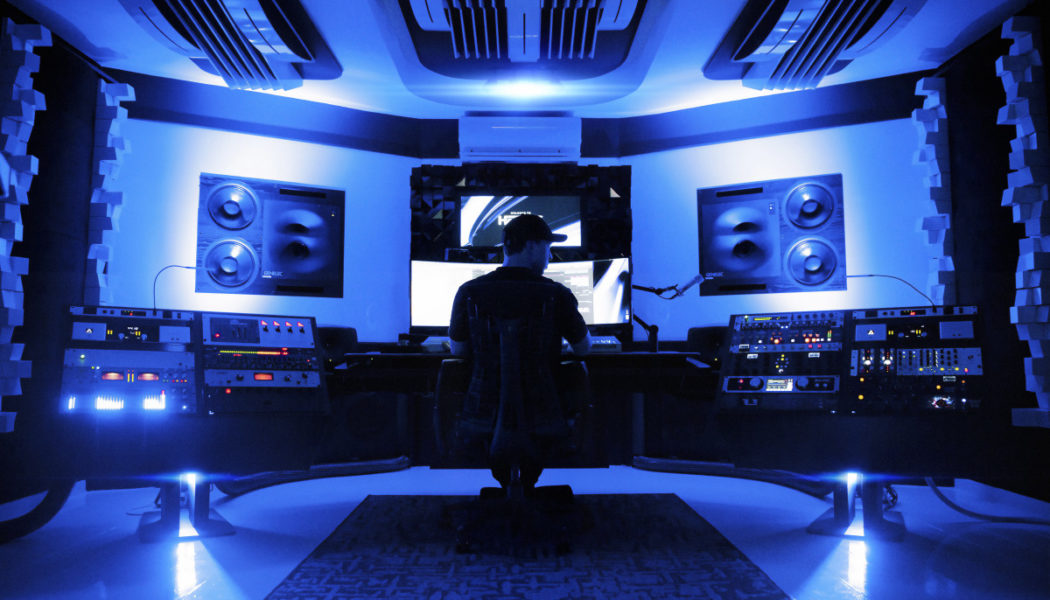




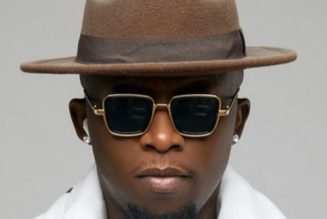

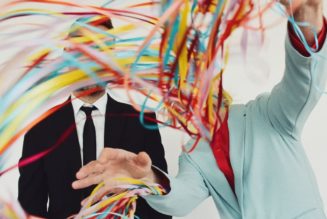
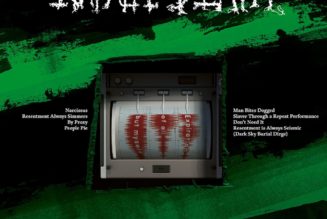
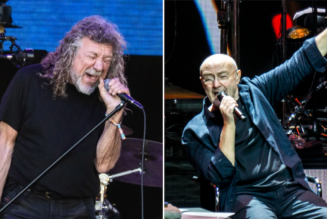
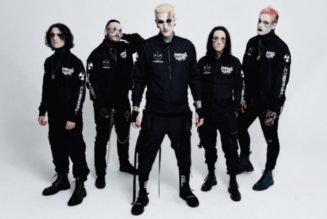
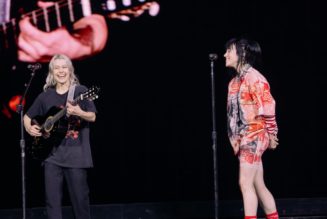
Tagged: entertainment blog, FEATURES, Hardwell, interview, INTERVIEWS, music blog, New Album, Rebels Never Die